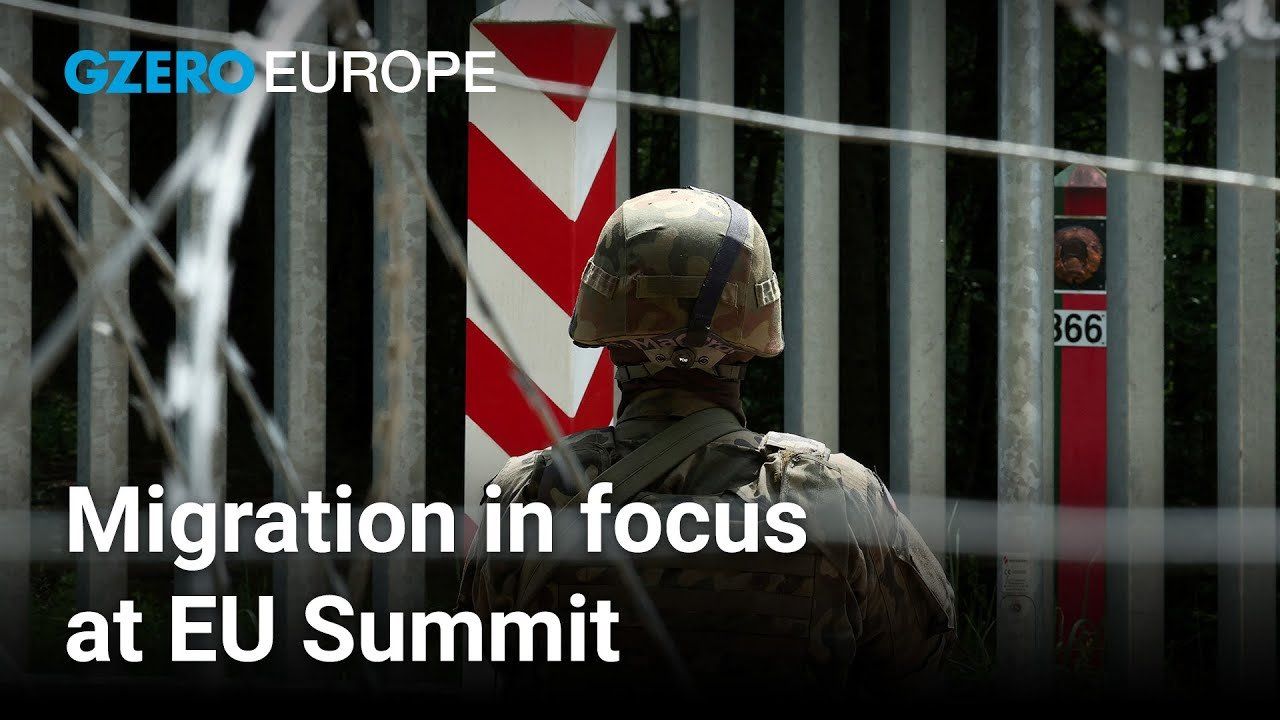October 20, 2024
What is the Russian stake in the EU referendum in Moldova? What was the main outcome of the EU Summit last week? Carl Bildt, former prime minister of Sweden and co-chair of the European Council on Foreign Relations, shares his perspective on European politics from London.
What is the Russian stake in the EU referendum in Moldova?
Well, the Russians are intending quite clearly to try to secure a "no" in that particular referendum. They're throwing money at it. They are trying to bribe voters. They are having an information campaign. So it's fairly obvious that their enthusiasm for the European aspirations of Moldova are fairly limited. We'll see how that turns out. There's also presidential election, but their sitting President Maia Sandu is highly likely to be re-elected.
What was the main outcome of the EU Summit last week?
It was migration, migration, migration. That is the issue that is dominating the politics in quite a number of European countries. And fairly obviously, it requires European solution. There have been agreements on the migration pact, not yet implemented fully. But clearly there's urge for further measures to sort of have a higher fence if possible. That's easier said than done. But also measures to send back to different countries the people who have no right to stay in Europe. So, Europe needs a higher fence, yes, that was the conclusion. But Europe also needs, as a matter of fact, a door, a fairly big door, because we have a demographic situation, a declining working age force in the years and in the decades ahead. So it's a huge issue. It's one difficult to balance, but clearly dominated the EU Summit.
More For You
Think you know what's going on around the world? Here's your chance to prove it.
Most Popular
Mexican President Claudia Sheinbaum Pardo stands alongside Canadian Prime Minister Mark Carney and US President Donald Trump during the 2026 World Cup draw at the John F. Kennedy Center for the Performing Arts in Washington, D.C., on December 5, 2025.
Deccio Serrano/NurPhoto
Canadian Prime Minister Mark Carney has repeatedly tussled with US President Donald Trump, whereas Mexican President Claudia Sheinbaum has tried to placate him. The discrepancy raises questions about the best way to approach the US leader.
Fighters of the Qassam Brigades, the armed wing of the Palestinian Islamist Hamas movement, attend a rally marking the 35th anniversary of the group's foundation in Gaza City on December 14, 2022.
Photo by Majdi Fathi/NurPhoto
10,000: The number of Hamas officers that the militant group reportedly wants to incorporate into the US-backed Palestinian administration for Gaza, in the form of a police force.
© 2025 GZERO Media. All Rights Reserved | A Eurasia Group media company.
